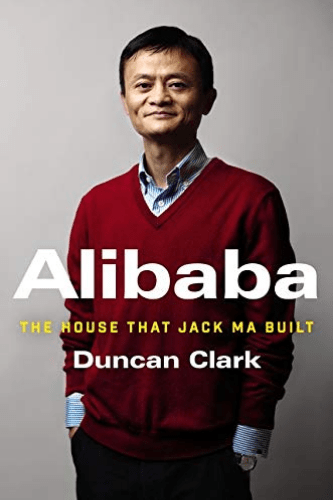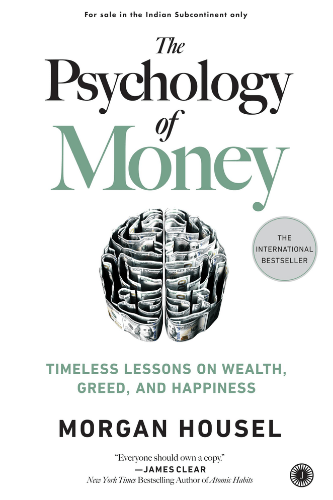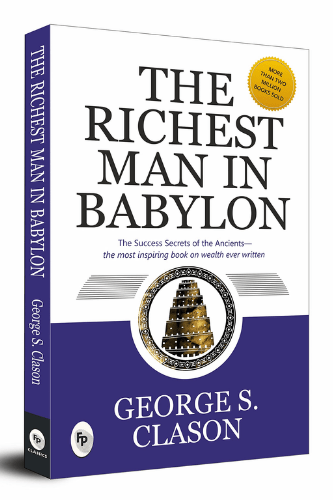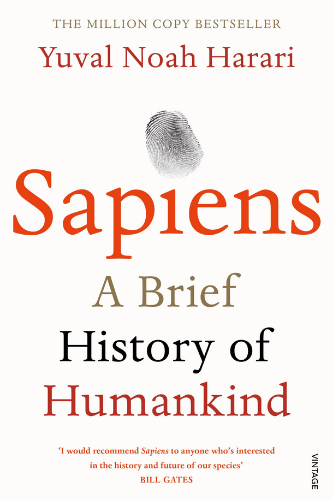Duncan Clark is a well-known Internet and business expert in China, where he has spent more than two decades living and working. Duncan is the chairman of BDA China an investment banker for Morgan Stanley in London and Hong Kong. On our website, you may download all of Duncan Clark’s works and an Alibaba pdf
| Name | Alibaba: The House that Jack Ma Built |
| Author | Duncan Clark |
| Publication | Ecco |
| Language | English |
| Page | 304 |
Also Download: Invent and Wander: The Collected Writings of Jeff Bezos | As a Man Thinketh
Summary of Alibaba: The House that Jack Ma Built | PDF Download
While many Americans have heard of Jeff Bezos, Elon Musk, and Warren Buffett, few have heard of Jack Ma, a rising Chinese billionaire. Even though Jack isn’t a scientist, a skilled programmer, or a financial analyst, he has built an incredible company with great future potential. In less than two decades, Jack has developed the Chinese market’s equivalent of e—Bay, Amazon, Paypal, and a slew of other online companies. With over 407 million active users and growing (more than the US population), Jack is a master at building massive teams and exploiting new technology for the Chinese culture (more than the US population). Duncan Clark’s writing style was fantastic, and this book gave me a lot of insight into why Jack Ma has been such a huge success.
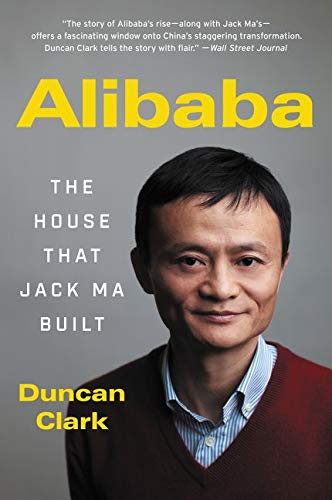
Discuss the iron triangle.
Duncan begins this chapter by recounting the events of 11/11/2015, which featured a global shopping spree. Jack Ma said that he was just trying to emphasize the consumer’s power. Sales hit $14 billion on that day, more than four times the amount of Cyber Monday sales, which started a few weeks later in the United States.
In the past, Chinese people seldom bought anything online, but Alibaba has changed that. Household spending, for example, accounts for almost two-thirds of the US economy, but just one-third in China. The Chinese are frugal with their money and spend it sparingly. In addition, Jack argues that Alibaba was formed by happenstance. The firm didn’t have a bright future without a plan or money, but it eventually grew thanks to its advantages in logistics, finance, and e-commerce (the company’s iron triangle). Alibaba is at the forefront of a new trend in which people are less afraid to make online transactions. Alibaba is changing the game with Taobao.com, a website that sells almost everything.
The magic of jack
In this episode, Duncan explains Jack Ma, whom his staff refers to as an “alien.” Jack does not seem to be an authoritative figure due to his little size and owlish features with sunken cheeks. Despite this, he has made excellent use of his gifts. While other huge companies like to boast about their massive networks, Jack prefers to talk about his little ties. Jack is also known as ET, the alien from Steven Spielberg’s film ET, due to his outgoing nature. Simply put, Jack has been undervalued his whole life, but he has made it a career.
What enables Jack to succeed is his ability to attract and enchant people. Over the years, Alibaba has benefited from this trait, described as ‘Jack’s magic.’ Taking a page from ‘Forest Gump,’ Jack believes that despite the fact that everyone thought the protagonist was foolish, he knew precisely what he was doing. However, it is his ability to communicate that distinguishes him as the best. By using simple language, Jack guarantees that his message is clear and understandable. Unsurprisingly, his quotes are quite popular on the internet.
From student to teacher
In this chapter, Duncan delves into Jack’s early years growing up in China. As a kid, Jack had a strong desire to learn English. From befriending an Australian child to chatting with other foreign people, Jack did all he could to learn. He now says that studying English has aided him in interacting with the rest of the world and understanding the vast differences between China and the rest of the world. Jack was looking for work at the time and applied to at least 11 places, but he was turned down by all of them, including KFC.
Jack’s problems were exacerbated by his struggles with mathematics. To be admitted into renowned institutions in China, students must pass the ‘gaokao,’ a difficult test that Jack failed twice. Regardless, he was accepted into a local university that was not regarded as the best. Jack continued to perform well in school and was financially supported by the Morleys.
Coming to America and hope
When Jack was 29 years old, he launched the Hangzhou Haibo translation firm. Jack hoped that his firm would be able to assist old retired teachers in making some money because Haibo means ‘hope.’ These instructors have the qualifications, but they have no idea how to work with customers from other nations. Jack acted as a middleman, helping them identify customers in other nations. His night school students helped him find clients, and some of them have now gone on to work with him full-time.
During the 1990s, Jack considered leaving his teaching job to concentrate on his business, but he was apprehensive, as were other Chinese entrepreneurs. It was tough to give up everything and establish a company back then. He saw an opening in Zhejiang and tried to take advantage of it, but his efforts were doomed from the start. The problem was that his agency only paid him $20 per month, despite his $300 rent. Jack increased his earnings by selling commodities in Hangzhou after receiving them from Yiwu. As a result, his agency was able to offer him flowers, gifts, books, and other stuff, providing him with a taste of what he may anticipate in the future.
China’s development
After his journey to Seattle, Jack returned to Hangzhou, but as soon as he realized that his future as a teacher couldn’t provide him with the future he desired, he left. He now had a bigger mission, one that didn’t need him to educate or interpret. He wanted to create an online English index to assist Chinese businesses in attracting foreign customers. Despite the fact that many people warned him his strategy wouldn’t work, he created the China pages, an online platform where he collected data about Chinese companies and published it on the Internet.
China Pages was one of the first Chinese enterprises that specialize completely on the Internet. When Jack was trying to create the company, he faced several obstacles, but things began to look up once they were contracted to organize a Formula One race. However, there was one major stumbling block: Hangzhou lacked Internet access. Jack was undeterred, so he convinced a few companies to identify themselves before submitting the translated material to Seattle, where it would be posted online. Working in an environment where many people had never heard the term “online,” Jack persisted in his efforts to educate others about the Internet.
The burst and the return to china
Alibaba has around 1000 new members every day by the year 2000. It was a huge step forward, but it had to compete against companies like MeetChina and Global Sources. To keep up with his competitors, Jack realized he needed to hire more quickly. There was a lot of enthusiasm about the coming public at the time, but the Chinese government’s fear of losing control was growing by the day, so the other three major internet sites were postponed.
As a result of a settlement between the government and Sina, the IPO was allowed, and the other two sites followed suit. Because the firms were unable to oversee their conduct after they became public, problems arose immediately. The reason for this was that the bubble had burst, and big Chinese Internet companies, such as Alibaba, had closed their IPO doors. Jack saw this as an advantage and began hiring more international personnel and travelling more often as a result of his opponents’ refusal to secure financing.

